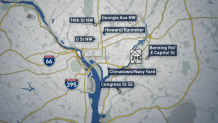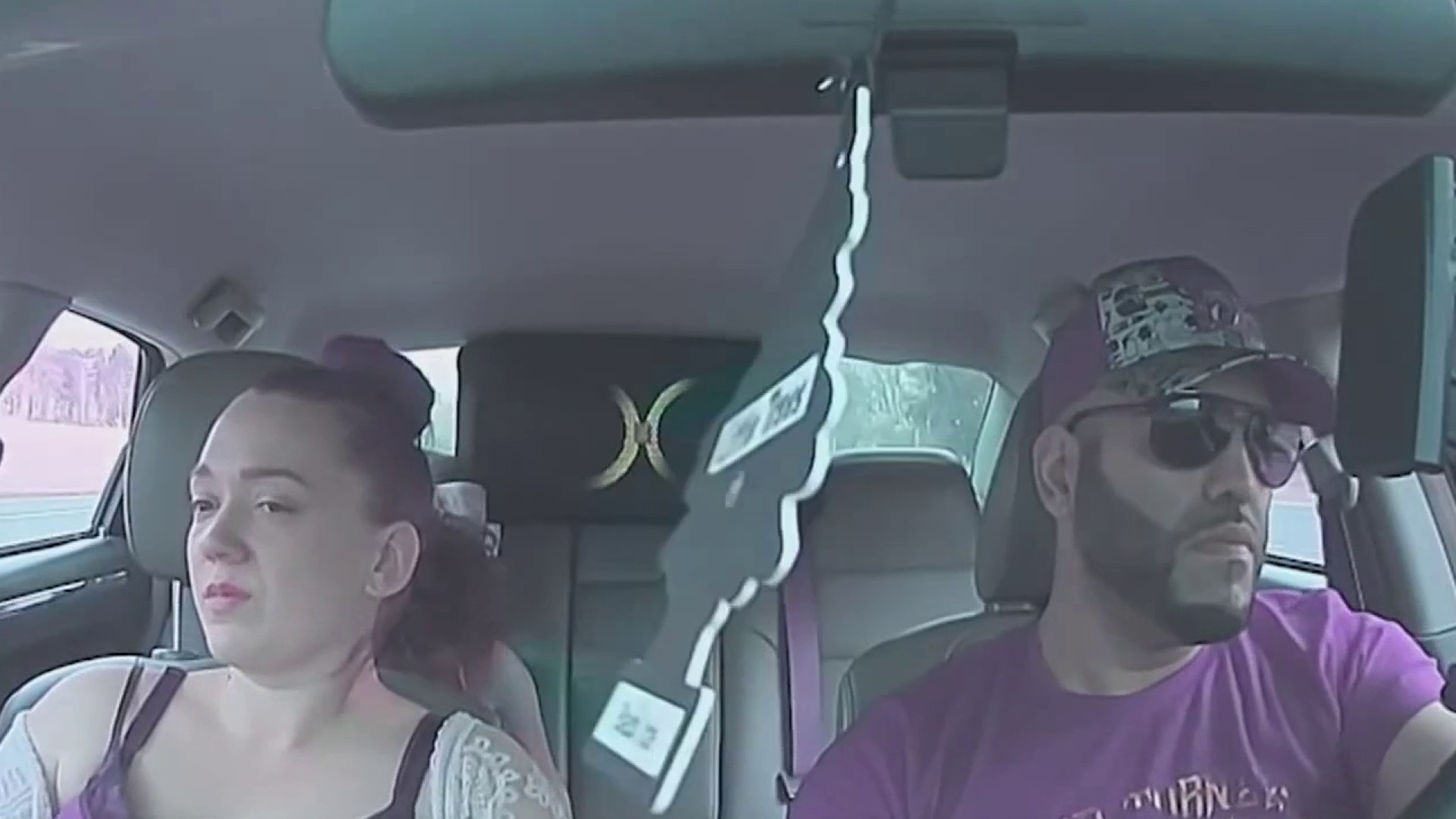As young people in D.C. are accused of committing violent crimes — including a carjacking allegedly involving a 13-year-old girl — the District will step up enforcement of the youth curfew in certain neighborhoods.
Starting Friday, Sept. 1, police will target seven neighborhoods where crime has increased.
Mayor Muriel Bowser’s administration hopes that by increasing enforcement of the District’s youth curfew, officials can connect at-risk youth and their families with support before youth are involved in a violent crime.
D.C.’s youth curfew has been enforced for years. Last year, 125 young people were picked up by police for violating curfew. So far this year, 66 people have been picked up, the Metropolitan Police Department said.
We're making it easier for you to find stories that matter with our new newsletter — The 4Front. Sign up here and get news that is important for you to your inbox.
“I don’t want to give anybody the impression that curfew is just now being enforced. It is enforced. What we announced a few weeks ago were areas where we were seeing, quite frankly, mobs of young people who were showing up,” Bowser said.
When is D.C.’s youth curfew in effect? Who does it apply to?
People 16 and younger have to be off the streets from 11 p.m. until 6 a.m. Sundays through Thursdays and from midnight to 6 a.m. Fridays and Saturdays.
Which neighborhoods and areas will authorities focus on?
- Chinatown/Navy Yard
- U Street NW
- Howard University/Banneker
- 14th Street between Otis Place and Spring Road NW
- 4000 block of Georgia Avenue NW
- 4400 Benning Road SE
- 1300 Congress Street SE
While enforcement will be increased in those seven areas, the curfew is in effect across D.C.

What will D.C. police do if someone is found breaking the curfew?
Local
Washington, D.C., Maryland and Virginia local news, events and information
Instead of taking curfew violators to a police station to wait for a parent or guardian, they will be taken to the Department of Youth Rehabilitation Services (DYRS) and offered services including counseling and health care.
“The difference between going to a police station in the middle of the night and going to DYRS gives us the opportunity to have them connect with officials whose job it is to work with kids who are at risk,” Bowser said. “We do have a laundry list of programs and services that are available to young people, and we’ll have to see where that family is.”
Another benefit of taking young people to DYRS and not a police station is that it allows officers to return to patrolling streets much sooner, Bowser said.
Are there exceptions?
The following circumstances exempt people under the age of 17 from the curfew:
- Accompany a parent or guardian
- Complete an errand at the direction of a parent or guardian, without detour or stop
- Ride in a motor vehicle involved in interstate travel
- Work or return home from a job, without detour or stop
- Become involved in an emergency
- Stand on a sidewalk that joins their residence or the residence of a next-door neighbor, if the neighbor did not complain to police
- Attend an official school, religious, or other recreational activity sponsored by the District of Columbia, a civic organization, or other similar group that takes responsibility for the juvenile (this includes traveling to and from the activity)
- Exercise their First Amendment rights protected by the U.S. Constitution, including the free exercise of speech, religion, and right of assembly



